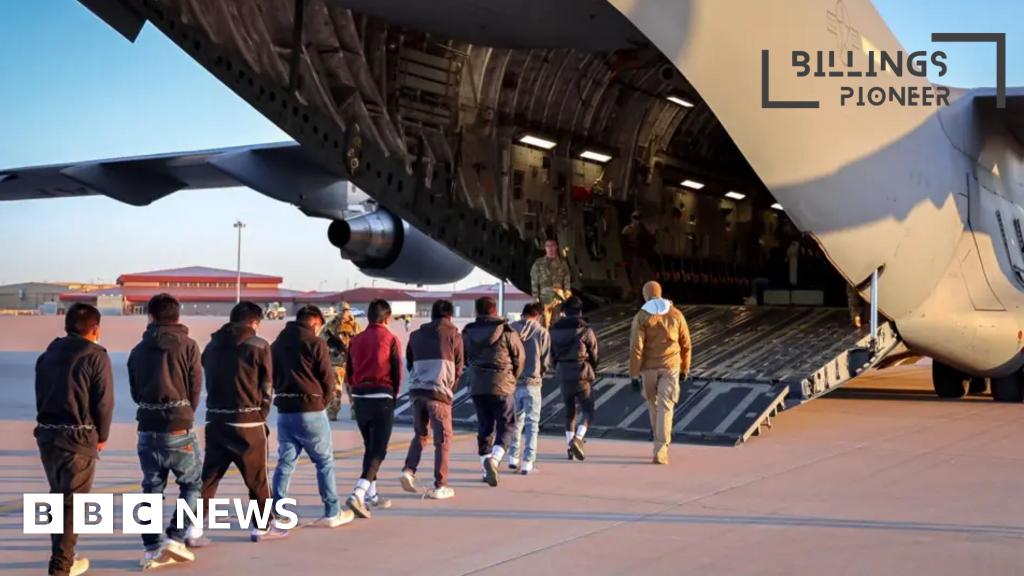In a significant turn of events, the United States has called off a planned set of tariffs that were set to hit Colombian goods with a hefty 25% charge. This move comes after Colombia, under President Gustavo Petro, agreed to accept deported migrants on U.S. military planes without any limitations. This agreement marks a critical moment in U.S.-Colombian relations following a tense standoff prompted by earlier disputes over immigration and repatriation procedures.
Diplomatic Tensions Spark Tariff Threats
The tensions between the two nations escalated when President Donald Trump decided to impose tariffs on Colombian imports after the Colombian government initially blocked two U.S. military flights that were meant to deport Colombian nationals. On social media, Trump expressed his frustrations, emphasizing the crucial need for Colombia to cooperate in accepting these deportees. Initially, Colombian President Petro insisted that the country only allow civilian flights for the repatriation of its citizens, causing further friction between the two administrations.
Colombia’s Reversal and Agreement
As the tariff threat loomed larger, Colombia’s leadership took a significant step back. The Colombian government, demonstrating a willingness to compromise, eventually agreed to comply with President Trump’s conditions for accepting deportees on military aircraft. In a swift response to this agreement, the White House proclaimed it a notable victory for Trump’s administration, illustrating how a mix of pressure and negotiation could resolve complex diplomatic crises.
Economic Implications for Colombia
Had the tariffs been implemented, they could have had a staggering effect on Colombia’s economy. The U.S. imports a significant amount of goods from Colombia, including important items like coffee, flowers, and various minerals. A 25% tariff would not only have raised prices for American consumers but also potentially crippled Colombian exporters. Fortunately for Colombian farmers and businesses, this agreement now averts a potential trade war that could have had lasting implications on both economies.
Continuing Dialogue for Dignity
Colombia’s Foreign Minister has stated that the key to moving forward is maintaining an open and respectful dialogue with the U.S., focusing on ensuring the dignity of their citizens during the deportation process. This highlights that while immediate diplomatic tensions may ease, ongoing communication will be vital to prevent similar disputes in the future.
Looking Ahead: What This Means for U.S.-Colombia Relations
With the cancellation of these tariffs, many hope that U.S.-Colombia relations will improve, allowing for better cooperation on not just immigration but also trade and investment. Still, the situation serves as a reminder of the complexities that lie in diplomatic relationships, especially concerning sensitive topics like deportation and immigration policy.
| Key Details | Description |
|---|---|
| Tariff Rate | 25% initially, intended to escalate to 50% |
| Colombian Exports Affected | Coffee, minerals, and flowers |
| Colombian Import Responses | Agreements on accepting deportees |











